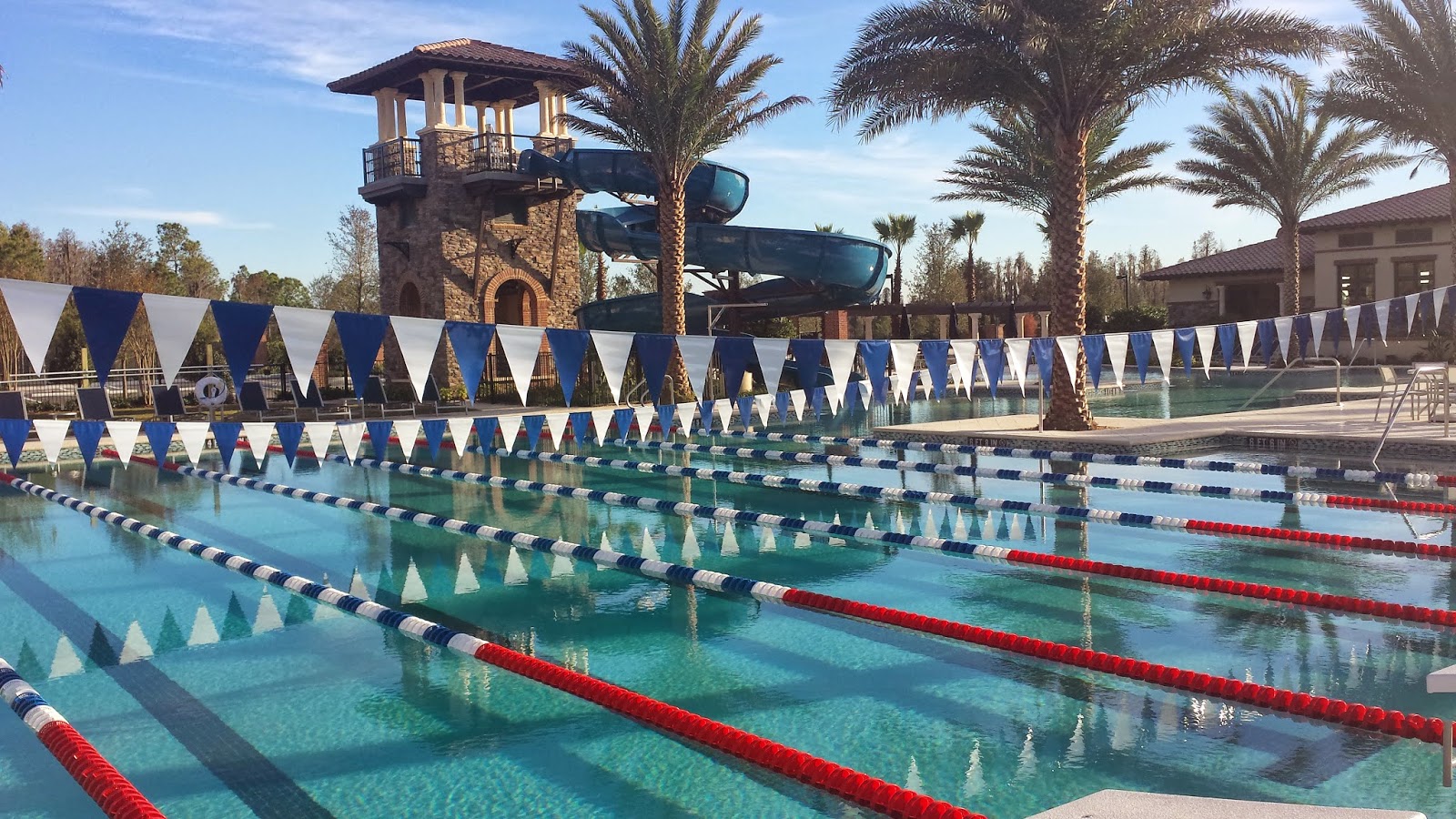 |
| Stairs are not for every home owner |
A typical Florida townhome usually has two stories with the bedroom(s) and full bath(s) located upstairs. The first story usually has a kitchen, great room, laundry, and a half bath (no shower or tub). Some townhomes have a 1 or 2-car garage. Townhomes are almost always maintenance free. That means that you won't need to cut (mow) the grass, weed, or trim the trees. This type of home is a good idea if you don't like or have time for yard work. Personal items and bedrooms can be located upstairs where guests do not need to go. Condominium homes can have stairs or an elevator to access the unit. These buildings can have two or more stories.
A single family home can be one-story or it can have the bedrooms upstairs or downstairs. What do you prefer? Some prefer to have the bedrooms upstairs and out of the way of daily activity during the waking hours. Others want all bedrooms downstairs or on one story so that it is not necessary to climb stairs. It is a personal preference.
 |
| One story home |
 |
| Two story home |
What about stairs and their contribution to family fitness? According to Dr. Harvey Simon, Associate Professor of Medicine at Harvard Medical School, "walking up stairs is one of the best- kept secrets in preventative medicine." Read the article: http://consults.blogs.nytimes.com/2009/06/15/stairs-as-fitness-tool/?_r=0
Can stairs also harm your home residents and guests? The National Safety Council (www.nsc.org) reports that over 1 million injuries occur each year due to indoor or outdoor stairway falls.
September 23-29 is Fall Prevention Awareness Week. According to the National Safety Council, "injuries from falls can lead to limited activity, reduced mobility, loss of fitness and a fear of falling, all of which increase risk of additional injury." If you do have stairs in your home, please do a safety check:
- are there railings and are the railings secure?
- has clutter been removed from stairs and near the stairs?
- are safety gates used to prevent accidental falls down stairs?
- should "non-slip" adhesive strips be added to the stairs?
- is there adequate lighting on the stairway and nearby?
- can you add a railing to both sides of the stairs?
- are nightlights used around the stair area at night?
- is carpet, if any, secure on stairs?
Happy Autumn 2015. Stay safe and enjoy your home-whether it is one-story or more.
Diane Acken is a licensed Realtor® in Tampa, Florida with Florida Executive Realty.
Contact her: Diane at DianeAcken.com









.jpg)





